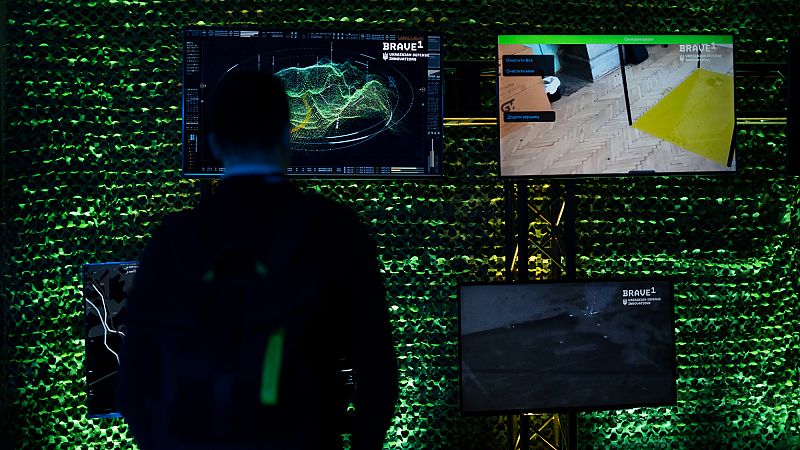New Initiative Allows Foreign Defence Companies to Test Weapons in Ukraine
A groundbreaking initiative has been launched in Ukraine, allowing foreign defence companies to test their latest weapons on the battlefield. This new programme, called “Test in Ukraine,” was announced by Brave1, a defence technology incubator supported by the Ukrainian government. The initiative enables allied governments to hand over prototypes of various military technologies for real-world testing.
The types of technologies that can be tested include drones, loitering munitions, naval drones, electronic warfare systems, and AI-driven products. In return, Brave1 will provide detailed reports on how these technologies perform during actual combat scenarios. Additionally, the programme will suggest any necessary real-time modifications to improve their effectiveness.
Participants in the initiative will also have the opportunity to connect with Ukrainian manufacturers working on similar technologies. This collaboration aims to facilitate co-production and accelerate the deployment of these advanced systems.
A Unique Opportunity for Innovation
Mykhailo Fedorov, Ukraine’s minister of digital transformation, emphasized the significance of this initiative. He stated, “We’re ready to help companies from partner nations develop, test, and refine technologies that actually work on the battlefield.” According to Fedorov, this is an invaluable chance to gain experience that cannot be replicated in a laboratory setting.
This move underscores Ukraine’s growing role in the broader European defence landscape. The country has been actively involved in efforts to integrate its defence technology into EU rearmament plans. Recent initiatives highlight this commitment, including the BraveTechEU partnership.
Strengthening EU-Ukraine Collaboration
Brave1 recently announced the BraveTechEU partnership, which involves up to €100 million in funding from Brave1, the European Defence Fund (EDF), and the EU Defence Innovation Scheme (EUDIS). This collaboration aims to support the development of new technologies through defence hackathons, investor matchmaking, and research initiatives.
In addition to this, the EU has activated a €150 billion “SAFE” loan instrument, allowing member states to borrow funds for joint defence projects. At least 65% of the components used in these projects must come from within the EU or Ukraine.
To further enhance cooperation, the EU and Ukraine launched a joint EU-Ukraine Force on Defence Industrial Cooperation. This initiative seeks to integrate Ukraine into the broader defence-tech ecosystem.
Expanding Defence Ties with Denmark
Ukraine has also signed a €67 million deal with Denmark, allowing Danish defence companies to build their designs on Danish soil. This agreement marks the first of its kind and highlights the growing international interest in collaborating with Ukrainian defence technology.
Major European and American defence companies, such as Sweden’s SAAB, Norway’s Kongsberg, French-German KNDS, Germany’s Rheinmetall, and the US’s Raytheon, are reportedly expanding their presence in Ukraine. This trend reflects the increasing recognition of Ukraine’s capabilities in the defence sector.
Expert Insights and Future Prospects
Despite these developments, experts have previously highlighted the need for Ukraine to be more involved in common planning with the EU. They argue that Ukraine’s insights could help shape procurement strategies, particularly regarding traditional weapons.
As the “Test in Ukraine” initiative gains momentum, it represents a significant step forward in fostering international collaboration and innovation in the defence sector. By providing a real-world testing environment, Ukraine is not only supporting its own technological advancement but also contributing to the global effort to develop more effective and efficient military solutions.







